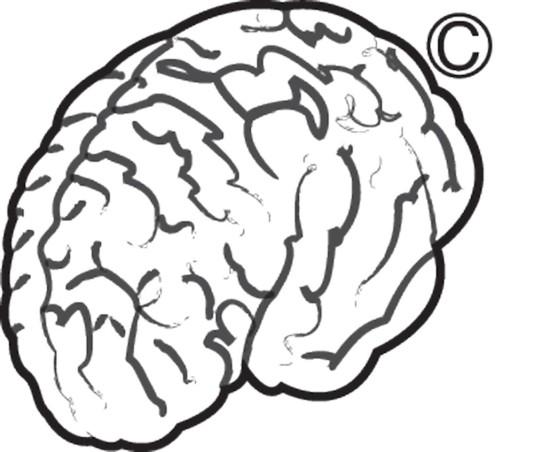By Melissa Oswald
Students may be shocked to find out that they have limited legal rights over projects, research, papers and artistic works created as coursework throughout their studies. While intellectual property rights give creators legal ownership over their work, the university denies full rights in some areas.
Ryerson has at least partial ownership over student work, or independent work if the project uses university facilities or contributions from the school’s employees. This can include research, photographs, designs and assignments done in all programs to different extents.
Ryerson can deny students full intellectual property rights because they claim (in the Policy on Ownership of Student Work in Research) that course content is influenced by the input of course instructors, in the form of guidelines and any creative or technical input a student may receive from professors and faculty members.
Not all students disagree with the school’s policy. Dana Normand, a third-year fashion design student said that many projects she has carried out throughout her time at Ryerson have involved influence in varying degrees from professors. She said the issue is the transparency of the policy, rather than it being technically unjust.
“I spent an ungodly amount of time on my evening-wear gown in second year. It’s incredibly disappointing to find out a year later that I don’t have full rights to it,” she said. “It’s just weird that they don’t tell us something like that. It’s not something that’s obvious. I only found out about this policy this year, from another student. Something like this should be on course outlines, and communicated to students.”
But some students are a little more shaken with the policy, like first-year computer science student Vitaliy Kunytsin. He said that a professor’s influence over an idea shouldn’t refund the credit or ownership a student receives for producing work, even through classes.
“It should only belong to the person who comes up with it, and whoever they choose to work with or share it with,” said Kunytsin.
He said university learning takes on a more self-directed approach, as students do not learn everything straight from their course instructors — there are textbooks, the internet, and many ways to pursue self-directed learning that have nothing to do with the university.
While Normand is comfortable with the policy in question, she said a problem could arise if students were made more aware of their legal rights to their projects, because many might lose motivation.
“I don’t think people would want to put so much effort into something they can’t even claim as their own.”












Leave a Reply